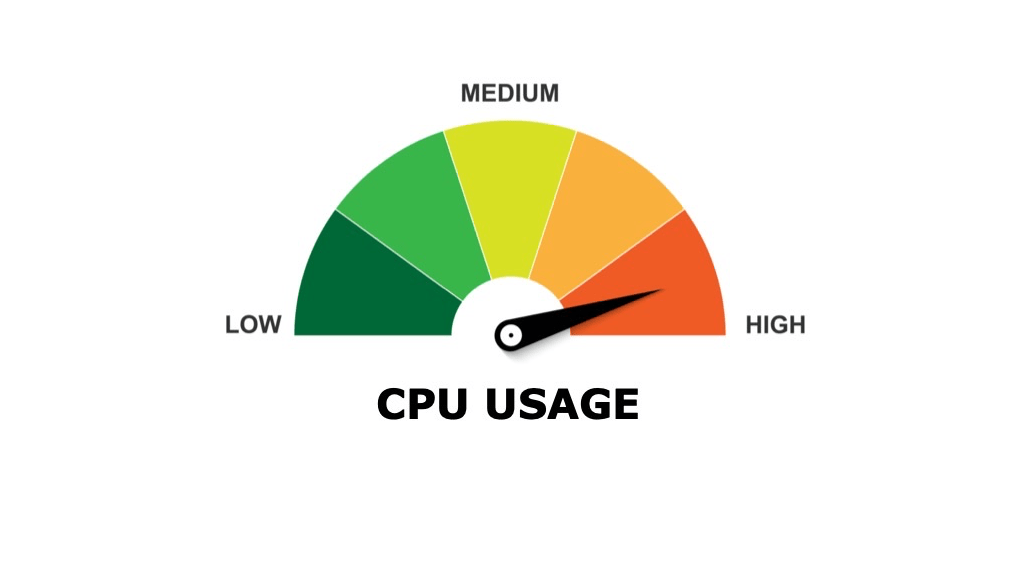
How to Fix Windows 11 Search High CPU Usage Issue
This tutorial outlines five different methods through which you could fix Windows 11 search high CPU usage issues. The Windows OS beholds a handy search functionality, which has been given a much more prominent spot in its twelfth iteration.
This feature is now baked directly into the Taskbar; hence you could easily invoke it in just a single click. Furthermore, this search feature also beholds quite a nifty benefit- its in-depth query exploration technique. Not only does it scans your hard drive for the input query, but it would even bring up the search results from the online world.
However, while it’s indexing your query and looking for the appropriate results to display, it might end up hogging an astronomical amount of CPU and RAM. This would not only lead to a delay in getting the search result but could also slow down the entire system.
In this regard, there do exist some handy methods through which you could fix Windows 11 search high CPU usage. And this guide shall make you aware of just that. So without any further ado, let’s get started.
Do keep in mind that there’s no universal fix as such. You will have to try out each of the below-mentioned workarounds until one of them spells out success for you.
Windows 11 comes with quite a few troubleshooter apps pertaining to different programs and features. And one of them is built specifically for its Search functionality. So let’s put it to the test and try and rectify the underlying issue via it.
The Search Service is responsible for the proper working of the Windows search feature. If there’s an issue with it, then there’s bound to be a few issues with Search. Right from its inability to display the query results to the consumption of high system resources, these problems are along the expected lines. Fortunately, the rectification of this issue is quite easy to execute- you just need to restart the Search Service. Here’s how:
When you input a query in the search field, Windows indexes all the directories on your PC. This is a resource-intensive task and requires a handful of minutes to be executed successfully. And while this indexing is going on, it could spike up the usage of RAM and other related resources.
In this regard, you could exclude a few folders from being indexed that you rarely interact with. This, in turn, would translate to dual benefits- faster indexing and fewer utilization of resources. Here’s how it could be done:
From now on, Windows will no longer index those folders, and this, in turn, would speed up the index. Likewise, it could also fix Windows 11 search high CPU usage.
In some instances, broken or corrupt configuration files could lead to a spike in resource consumption. In this regard, you should consider using the SFC and DISM commands.
The System File Checker and Disk Deployment Image Servicing and Management are two command-line tools that scan for corrupted Windows Image, Recovery, and Registry files and replaces them with their working counterparts.
sfc /scannow
DISM.exe /Online /Cleanup-image /Restorehealth
Now that both the commands have been successfully executed restart your PC. Once it boots up, check whether it is able to fix Windows 11 search high CPU usage.
If the Indexing database has a few corrupt or outdated queries lying around, then it could spell out trouble for the entire Search functionality. The best way to get out of this is to rebuild the entire database. Though it might take a few minutes, the end result would definitely be worth the wait.
So with this, we round off the guide on how you could fix Windows 11 high CPU usage. We have shared five different fixes for the same. Do let us know in the comments section which methods worked out for you.